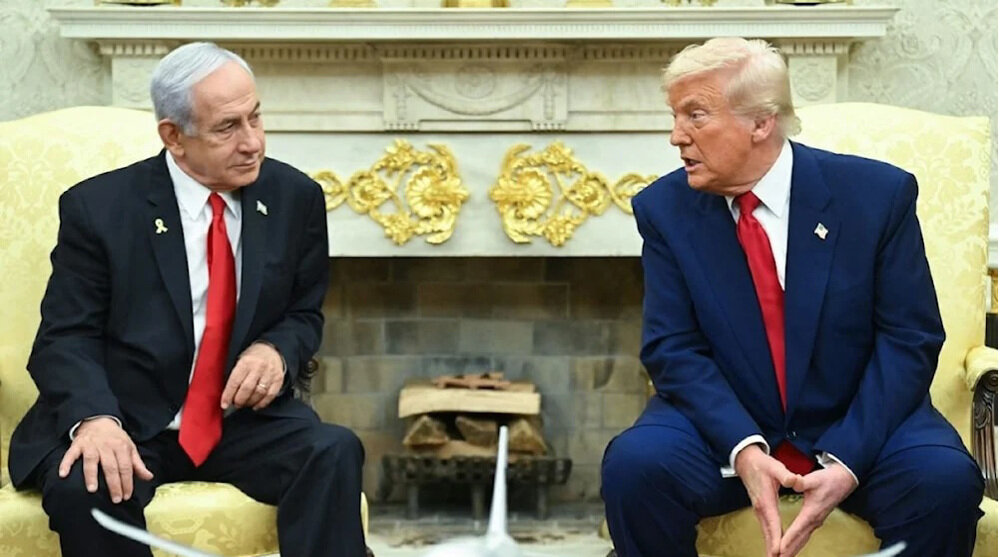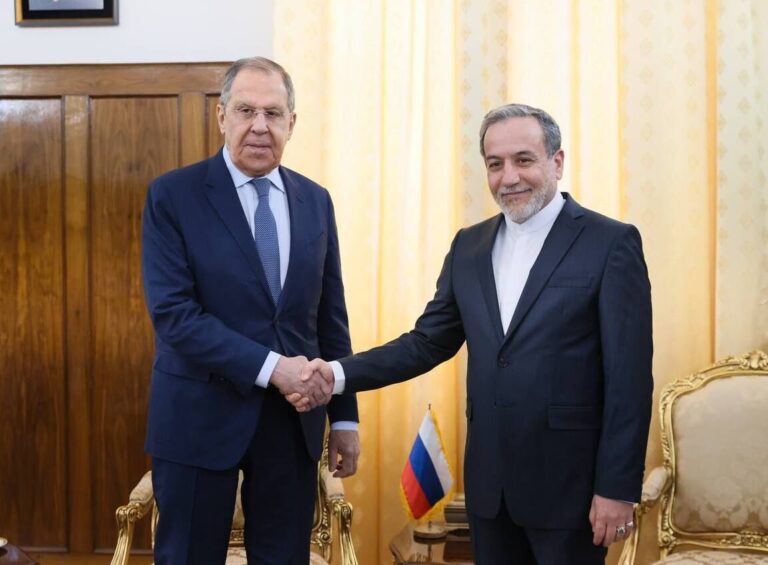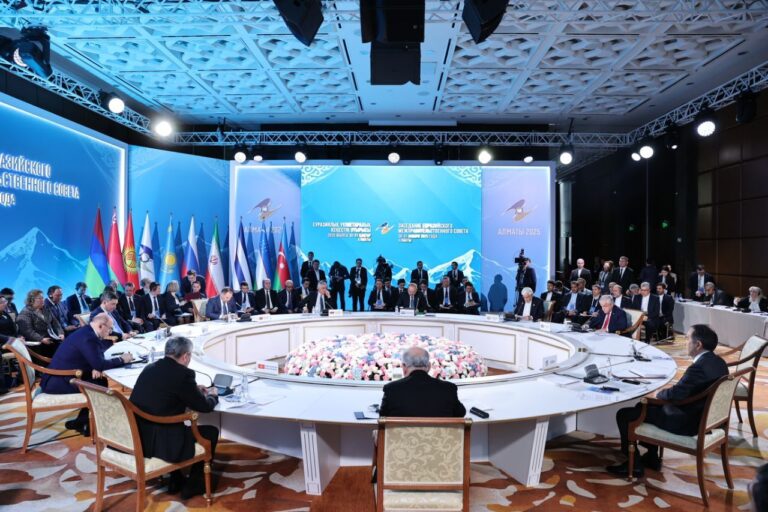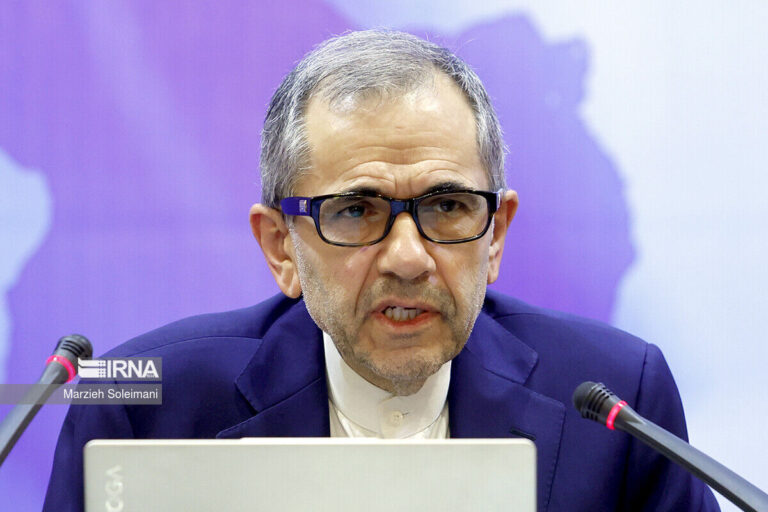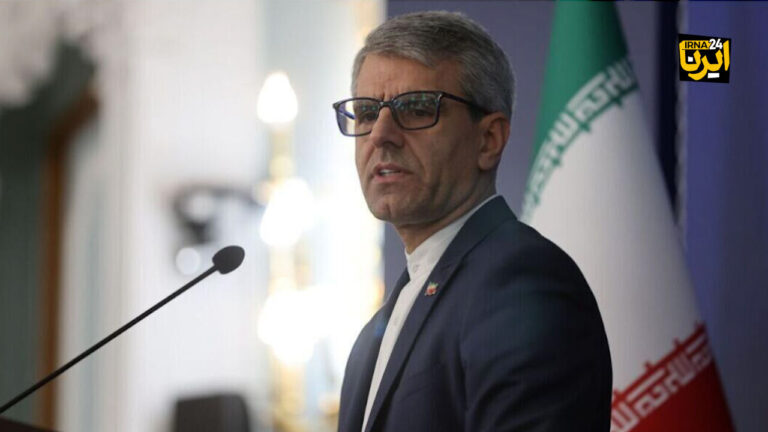Netanyahu’s Live TV Surprise: ‘Obviously Shocked and Embarrassed’ Reaction Captivates Audience
In a surprising turn of events, President Trump announced significant upcoming negotiations with Iran during a televised meeting in Washington. This unexpected declaration has raised eyebrows and sparked discussions regarding the future of US-Iran relations.
“It’ll go on Saturday,” the US president stated, referring to the planned talks. He emphasized the importance of reaching a deal, saying, “We have a very big meeting and we’ll see what can happen. I think everybody agrees that doing a deal would be preferable to doing the obvious — and the obvious is not something that I want to be involved with.” This remark pointed towards the potential for military action against the Islamic Republic, which Trump suggested could be avoided.
In an interesting twist, Trump also claimed that the Israeli regime would prefer to stay out of any military conflicts, stating, “if they can avoid it.” He concluded his remarks with optimism: “Hopefully those talks will be successful.”
Reactions from Israeli Officials
The announcement reportedly caught the Israeli delegation off guard, with Israel Hayom describing their reaction as one of shock. A senior political source revealed that Israeli officials attempted to downplay the situation, asserting they had anticipated discussions, but the truth was that “Israel had no prior knowledge of an agreement between Trump and the Iranians to launch talks.”
An Israeli official present during the meeting noted, “The shock was written all over their faces.” Prime Minister Netanyahu reacted by demanding not just a freeze, but the complete dismantling of Iran’s nuclear energy infrastructure, despite international experts finding no indications of military diversion.
Another source confirmed that during the meeting, Netanyahu was informed that Israel would help shape the content of the negotiations, which was viewed as “a very positive aspect” despite the initial surprise.
Upcoming Indirect Talks
The announcement of these indirect US-Iran talks coincided with reports that the Sultanate of Oman has resumed its role as a mediator between Tehran and Washington. It has been confirmed that Iran’s Foreign Minister Abbas Araghchi will engage in indirect discussions with US regional envoy Steve Witkoff in Muscat on Saturday.
Tehran has consistently maintained that any discussions must be built on mutual respect and the complete lifting of illegal sanctions imposed by Washington, particularly those enacted during Trump’s “maximum pressure” campaign. This backdrop sets the stage for the forthcoming negotiations.
Netanyahu’s Expectations vs. Reality
Initially, Netanyahu’s visit to Washington was framed as a trip to discuss various issues, including trade and tariffs. However, Israeli media later revealed that the real purpose was for the White House to brief the Israeli prime minister about the upcoming US-Iran talks.
Yedioth Ahronoth, an Israeli publication, reported that Netanyahu arrived in Washington with expectations of progress regarding the 17% tariff imposed on Israeli goods. Instead, he faced a “harsh and even somewhat humiliating” response, leaving without any tangible outcomes. The report stated, “The prime minister did not get the gift he was hoping for — a declaration from Trump that he would reduce or cancel the 17% tariff on Israeli imports.”
Trump praised Netanyahu for lowering tariffs on American products and urged other nations to follow suit, indicating that discussions on the matter would continue.
Concerns Over Gaza and Military Aid
On the subject of the Gaza Strip, where ongoing hostilities have resulted in significant humanitarian concerns since October 2023, Trump made no substantial policy announcements. He provided only vague comments regarding Israeli captives, expressing hope that the situation in Gaza would “end soon.”
Despite the unexpected developments during the meeting, Trump took the opportunity to highlight Washington’s military support for Israel, stating, “The US gives Israel $4 billion a year” — an amount which includes an additional billion in aid.
Furthermore, Trump mentioned his controversial plan to “own” Gaza, suggesting it was still under consideration, and noted that Netanyahu had “convinced him” that some countries, reportedly approached by the Israeli intelligence agency, were willing to accept displaced Gazans.
Criticism of the Meeting
The Israeli Walla website characterized the meeting as “possibly the most failed meeting ever” between a US president and an Israeli prime minister. It stated, “Netanyahu found himself in the Oval Office in a situation he hadn’t anticipated. Trump threw complex political, security, and economic issues at him, and he failed to respond to any of them effectively.”
Similarly, the Maariv daily described the trip as concluding with an “embarrassing event” that left more questions than answers. Netanyahu, rather than controlling the agenda, appeared to be a “mere prop” in what was seen as Trump’s staged return to relevance in foreign policy.
This unexpected announcement and the ensuing reactions underscore the complexities of US-Iran relations and the ongoing geopolitical challenges in the region, setting the stage for a potentially pivotal moment in international diplomacy.
